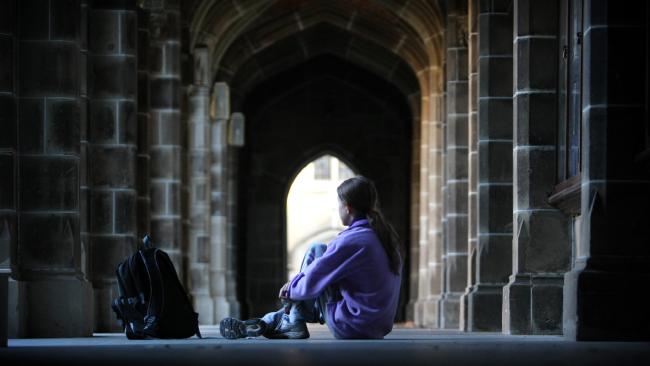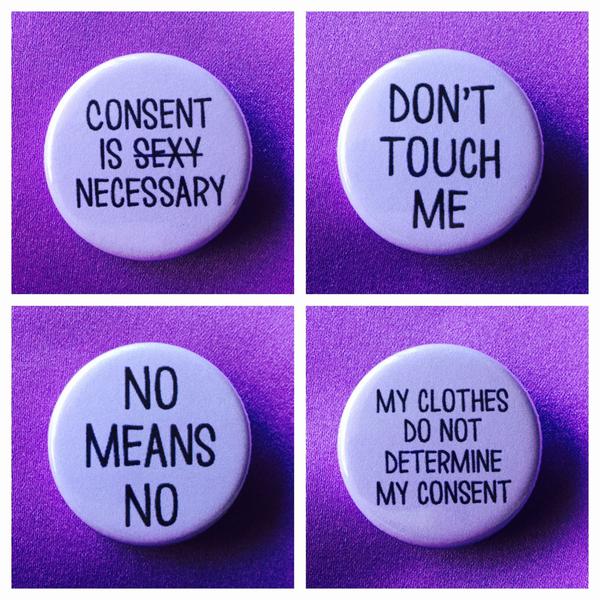By: Aaron Michael Baker
Originally posted on his blog here https://spoonvision.wordpress.com/2018/01/27/metook12-and-the-responsibility-of-male-educators/
#MeTooK12 is the hashtag of a recently launched campaign hoping to harness the continuing momentum of Tarana Burke’s #MeToo movement. According to the organizers at “Stop Sexual Assault in Schools,” #MeTooK12 is all about addressing “the epidemic of traumatic sexual harassment impacting our nation’s students.” This piece from the Portland Tribune addresses the apparent lack of attention that #MeTooK12 has received in Portland Public Schools despite the fact that the incident which sparked the movement occurred in nearby Seattle Public Schools. SSAIS partnered with National Women’s Law Center in the Twitter launch of #MeTooK12 in early January of this year. Teen Vogue and Babble both have profiled the campaign, and the hashtag is certain to receive more attention in the weeks and months ahead.

The premise of #MeTooK12 is simple. If sexual assault can be adequately addressed at the elementary, middle, and high school level in addition to higher education, then in a generation there will be less women needing to say #MeToo. The main problem cited under current practices is that sexual assault and harassment in schools is severely under-reported. This is irrefutable. The question that no one is willing to ask out loud at the administrative level of virtually every school building and district is “Where do we start?” Every day all across the United States, educators witness countless examples of female students being touched without consent. We have a culture problem in our schools. We have to start somewhere, and we have to start now!
Non-consensual touch of any kind cannot go unaddressed at school. I am not calling for “zero tolerance” policies on all “Public Displays of Affection.” As educators, we have worried too long about the consensual things that students do behind closed doors outside of school, and not enough time worrying about the non-consensual things that happen right in front of us on a daily basis. Recognizing when female students experience unwanted touch is not difficult, doing something about it is. Allowing young women to be conditioned to unwanted touch contributes to our systemic societal problems of rape culture and victim blaming.

Male educators are not responsible for “protecting the girls.” There should be no trace of paternalism in the relationship between the male educator and the female student. If a situation arises with a female student and dress code absolutely must be enforced, it should be handled by a female teacher or administrator. A male teacher or administrator telling a young woman that she is dressed inappropriately only contributes to our societal problem. He doesn’t have to say, “You are responsible for the thoughts of boys.” Because he is a man and because of our culture, that is what she will hear. Furthermore, girls should be encouraged, when possible, to report unwanted touch to women in the school building. The responsibility of male educators lies squarely with the boys.
As educators, we have worried too long about the consensual things that students do behind closed doors outside of school, and not enough time worrying about the non-consensual things that happen right in front of us on a daily basis.
Male educators, both teachers and administrators, have a unique opportunity to help facilitate a paradigm shift in our schools away from a culture that claims “boys will be boys.” If the constant objectification of women is what it means to be a boy, then boys need to be something else. To put it succinctly, male educators need to “get your boys.” A phrase that male students should hear from men (and women) at school every day is, “Don’t touch people without permission.”
“But Mr. Baker! It sounds so weird for me to ask, ‘May I touch you?’ Do you really want me to say that?”
“Yes… Yes, I do.”
“May I give you a hug?” “May I put my hand on your shoulder?” “May I hold your hand?” “May I run my fingers through your hair?” These are all types of touch that happen to girls at school every day without consent. These are all questions that boys would do well to practice in the mirror. The awkwardness of these questions is less inconvenient to boys than the unwanted touch is intrusive to girls.
But asking the right questions is not enough. We must educate our young men on how to listen and respond to the answer. Any answer other than “yes” means “no.” “No” means “no.” “Maybe” means “no.” “Not now” means “no.” Silence means “no.” And “stop” means the line has already been crossed. The confusion that college students continue to experience concerning consent and sex can be mitigated with routine practical advice on consensual non-romantic touch given to children beginning in pre-kindergarten and continuing through high school.

Our societal understanding of gender is ever so slowly expanding beyond the male / female binary. This is a good development. But the conditions under which sexual assault and harassment continue to thrive in this country are born out of that socially constructed gender binary. Trans, non-binary, and gender nonconforming students and adults are also affected by things like male entitlement and misogyny. The work to be done to turn the tide in our nation’s exposed sexual assault epidemic begins with young male and male identifying students.
Female educators can help male students in unique ways that male teachers cannot. They just are not responsible to do so. Male educators can and must take responsibility for educating the next generation of men who reject sexism, patriarchy, and toxic masculinity.
No comments:
Post a Comment
Note: Only a member of this blog may post a comment.